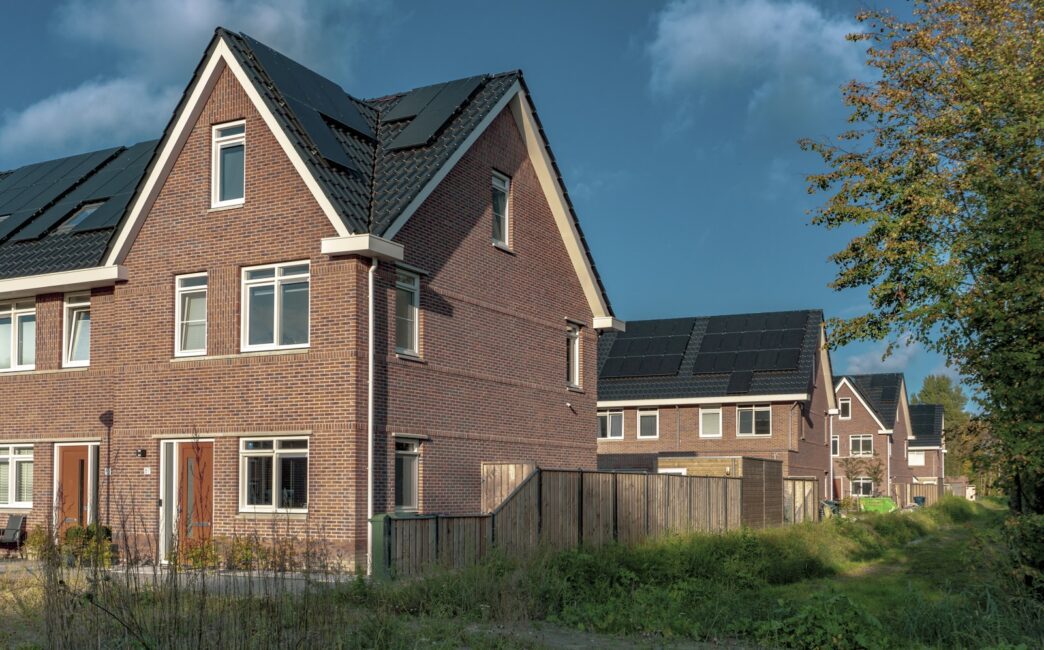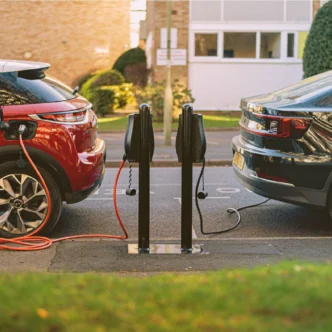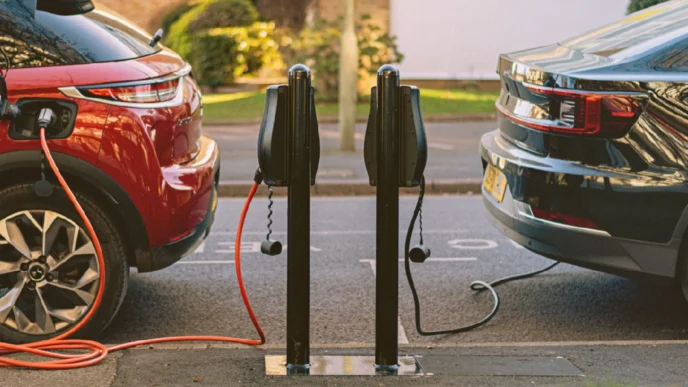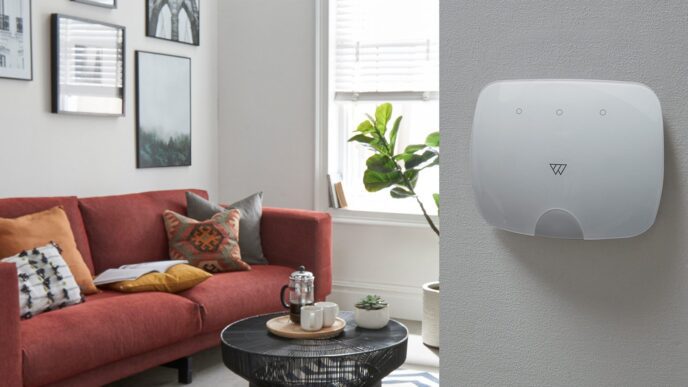Switching to solar panels and battery storage is becoming an attractive option for UK homeowners looking to cut energy bills and gain more independence from the grid. But is it the right choice for everyone?
This guide will cover:
✅ How solar panels and battery storage work
✅ The potential savings vs. costs
✅ When solar isn’t worth the investment
✅ How solar financing and repayments work
How Do Solar Panels & Battery Storage Work?
A home solar system typically includes:
• Solar Panels – Convert sunlight into electricity.
• Inverter – Converts the energy into a form your home can use.
• Battery Storage – Stores excess solar energy for use when the sun isn’t shining.
• Grid Connection – Allows you to buy electricity when needed and sell excess power.
By using a battery storage system, you can store surplus electricity instead of sending it back to the grid, helping to reduce reliance on expensive energy tariffs.
Why Some People Think Solar is a Waste of Time (And Why That’s Changed)
If you’ve heard people say solar panels aren’t worth it, they’re probably thinking about older UK solar schemes that didn’t include battery storage.
Years ago, the UK government offered generous solar panel grants that helped many homes install solar for free or at a reduced cost. However, most of these early systems didn’t include battery storage, meaning:
• Solar energy was only useful during the day – when many people weren’t home to use it.
• Any excess power was sent straight back to the grid, often at a low rate.
• Evenings and cloudy days still required full reliance on the grid.
As a result, homeowners didn’t see huge reductions in their bills, and some felt that solar was a waste of time.
Why Today’s Solar + Battery Storage is Different
Now, with affordable home battery storage, the game has changed. Excess solar energy is stored instead of wasted, meaning:
✅ You use more of your own electricity, rather than sending it to the grid.
✅ You power your home at night using stored solar energy.
✅ You reduce your reliance on expensive grid electricity.
This is why today’s solar setups deliver much better savings compared to older systems. If you’ve heard negative experiences from the past, it’s worth reconsidering—because modern solar solutions are far more effective.

How Much Can You Save with Solar Panels & Battery Storage?
💰 Before Solar Installation:
• Your energy bill is £200 per month.
☀️ After Installing Solar & Battery Storage:
• Your bill drops to £90 per month (as you generate and store your own power).
• Your solar financing repayments are £60 per month.
📉 New Total Outgoings: £150 per month instead of £200—saving £50 every month.
• Once the system is paid off (typically in 8-12 years), your savings increase dramatically.
• If you generate more energy than you use, you can sell it back through the Smart Export Guarantee (SEG).
✅ Long-term gain: After repayments end, your energy costs could be £90 per month or lower, shielding you from price hikes.
When Is Solar & Battery Storage NOT Worth It?
🚫 Your energy bills are already low – If your monthly bill is under £50-£60, your payback period may be too long to justify the investment.
🚫 Your roof isn’t suitable – North-facing roofs, excessive shading, or limited space can reduce efficiency.
🚫 You plan to move soon – If you’re selling within 5-10 years, you may not recoup your investment.
🚫 You’re on a very cheap tariff – If you have a low fixed-rate energy deal, solar might not deliver major immediate savings.
How to Pay for Solar Panels & Battery Storage
💵 Upfront Purchase – The fastest way to benefit, avoiding interest payments.
🏦 Solar Financing / Loans – Spread the cost over 5-10 years, often with savings offsetting repayments.
🏠 Government Schemes & Grants – Some local councils and programs offer solar incentives.
🔌 Smart Export Guarantee (SEG) – Earn money by selling unused energy back to the grid.
Is Solar & Battery Storage Worth It for You?
✅ Ideal for homeowners with high bills and a suitable roof.
✅ Best for long-term savings and protection against rising energy costs.
✅ Even with finance, many homeowners see immediate monthly savings.
Next Steps:
👉 Get multiple quotes – Prices vary by provider.
👉 Check your roof’s suitability – Free assessments are common.
👉 Compare financing options – Ensure savings outweigh repayments.
With the right setup, solar panels and battery storage can cut your bills, reduce reliance on fossil fuels, and future-proof your home against energy price hikes.
Heres some hand picked links to further your reading on this subject:
1. Energy Saving Trust: Solar Panels Advice
2. Which?: Solar Panel Battery Storage
3. GOV.UK: Funding for Domestic Energy Efficiency Measures
4. Solar Energy UK: Consumer Advice
5. MoneySavingExpert: Free Solar Panels – Are They Worth It?














